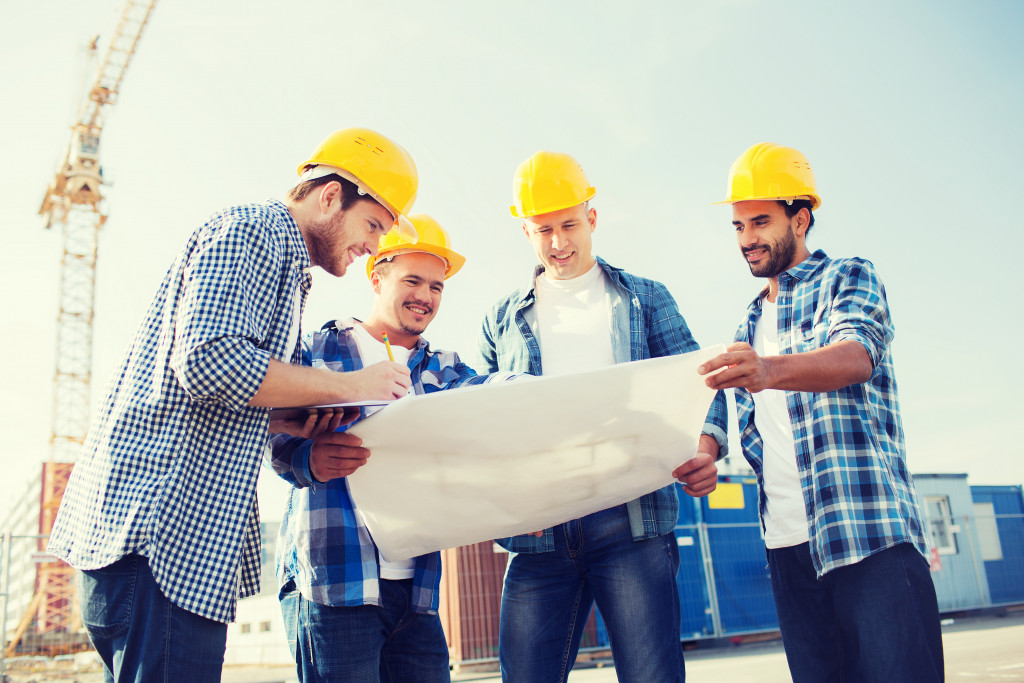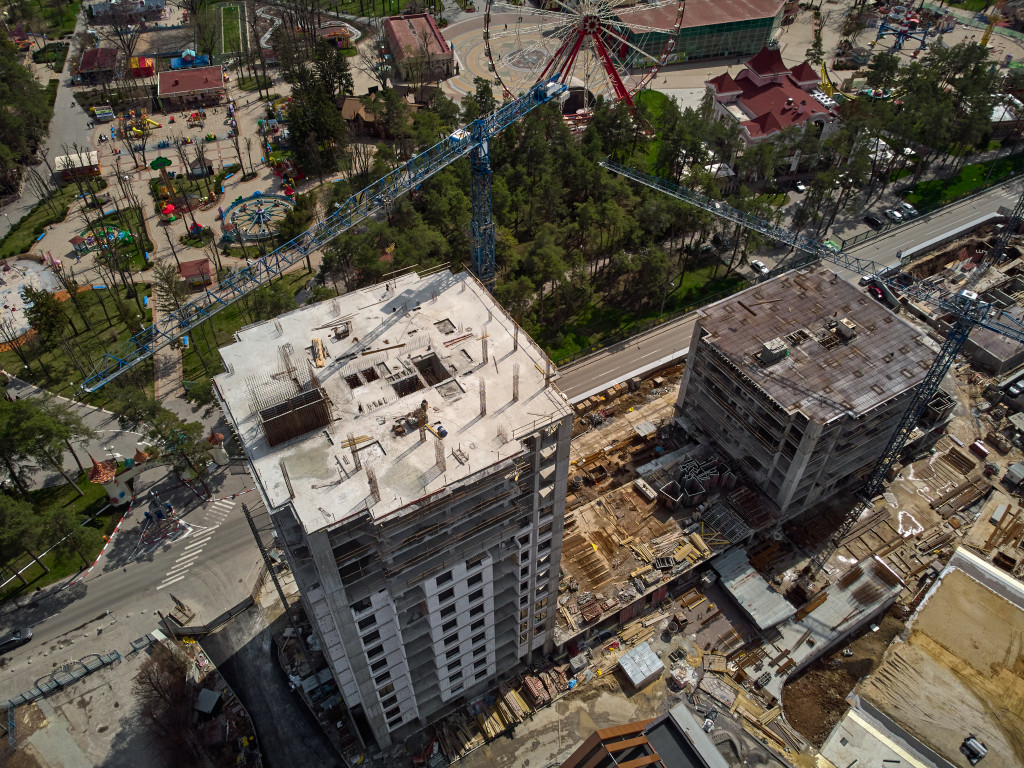Building a commercial property can be a challenging task. There are many things to consider, from the location to the building itself. There are also many rules and regulations to consider, as well as financial requirements. But don’t worry—we’re here to help. Here are some tips to help you build your commercial property without any issues.
1. Choose the right location.
The first and most crucial step in building your commercial property is choosing the right location. You’ll want to consider foot traffic, public transportation, and parking availability. The last thing you want is for your business to be inaccessible to potential customers or clients. A good rule of thumb is to choose a location that’s close to other companies and has an abundance of nearby amenities.
You should also consider the type of building you’ll need. Not all buildings are the same, and not all locations will be suitable for a particular kind of property. For example, choosing a downtown location for an industrial property doesn’t make much sense. Always do your research before signing a lease.
2. Hire the right contractors.
Once you’ve chosen the perfect location for your commercial property, it’s time to start thinking about the construction itself. This is where hiring the right contractors comes in. You’ll want to ensure that you find a team of experienced professionals who can get the job done on time and within budget. You want them to be knowledgeable about the building codes in your area and any special requirements you may have.
Of course, you should also ask about their safety protocols. Especially when you are building a tall building structure, you want to make sure they’re using fall protection equipment and other safety gear. This will help keep everyone on the job site, even if there is an accident. Always ask for a list of safety protocols before signing any contracts.

3. Get the necessary permits and licenses
Before any work begins on your commercial property, you’ll need to obtain the proper permits from your local municipality. Failure to do so could result in delays or even legal penalties. Most cities and counties have different requirements, so it’s essential to check with your local authorities to ensure you’re meeting all their standards.
Additionally, depending on your business type, you may need to obtain a license or permit from the state. This could include food service permits, alcohol service permits, and so on. Again, research what is required for your type of business and apply for the necessary permits and licenses. You can ask your local municipality or chamber of commerce for help if you’re unsure what to do.
4. Stay on budget.
Staying on budget is one of the most critical aspects of building a commercial property. Construction projects tend to go over budget, so keeping a close eye on your spending is essential. Make sure you understand all of the costs associated with the project before work begins and don’t be afraid to ask for discounts or negotiate with contractors if necessary.
Your budget must also include factors like taxes, insurance, and maintenance. You’ll want to have a plan for each of those costs to ensure you don’t go over budget. Of course, always leave yourself some wiggle room in case of unexpected expenses. A good rule of thumb is to add at least 5-10% to your budget for unforeseen costs.
5. Don’t cut corners.
It’s tempting to cut corners when building a commercial property, especially if you’re on a tight budget. But resist the temptation! Skimping on quality now will only cost you more money in the long run, so make sure you use high-quality materials and hire experienced professionals who can do the job right. You can also look for ways to save money without sacrificing quality, such as shopping around for materials or discounts.
Don’t forget about the finer details, either. Make sure you choose a good paint job and install durable flooring that will last for years. Taking the time to get these details right will make your building look great and more enjoyable for you and your tenants. Lower-quality materials will only make maintenance more difficult in the future.
Building a commercial property is a big undertaking, but it doesn’t have to be overwhelming. With the right planning and research, you can ensure your building is constructed correctly. Invest in experienced contractors, get the proper permits and licenses, stick to your budget, and don’t cut corners when it comes to quality. Taking the time to do things right now will save you money and hassle in the long run.

